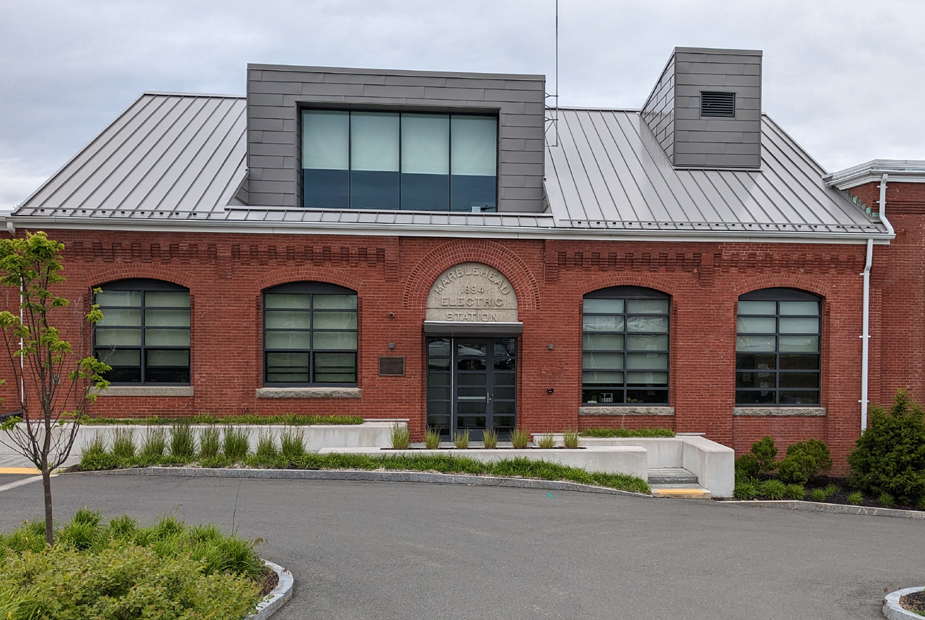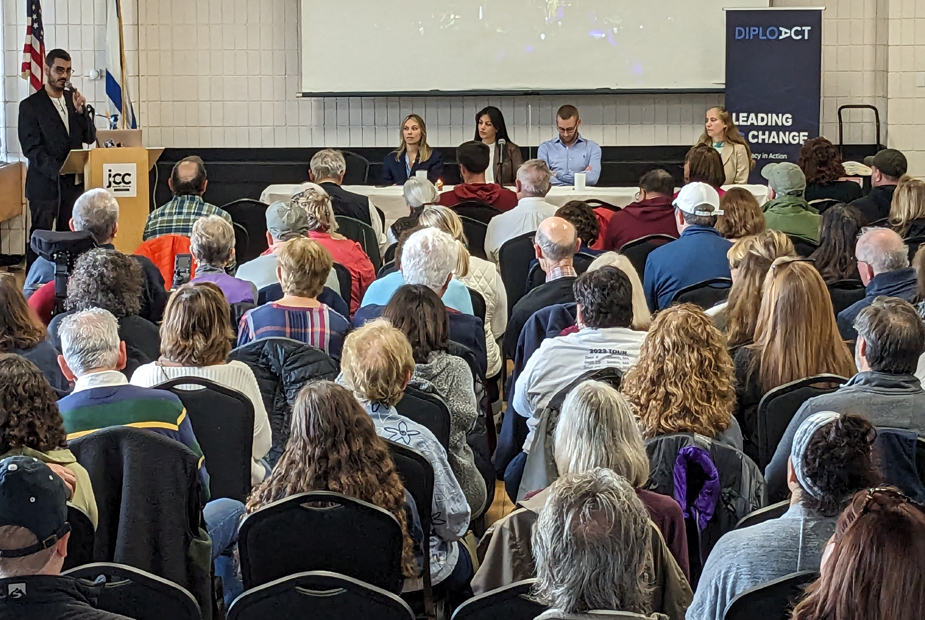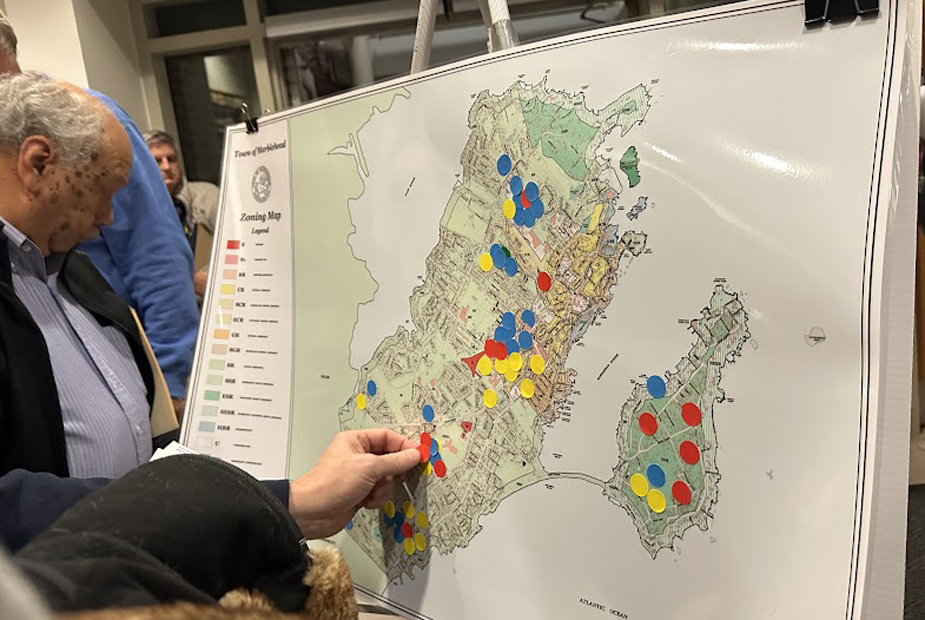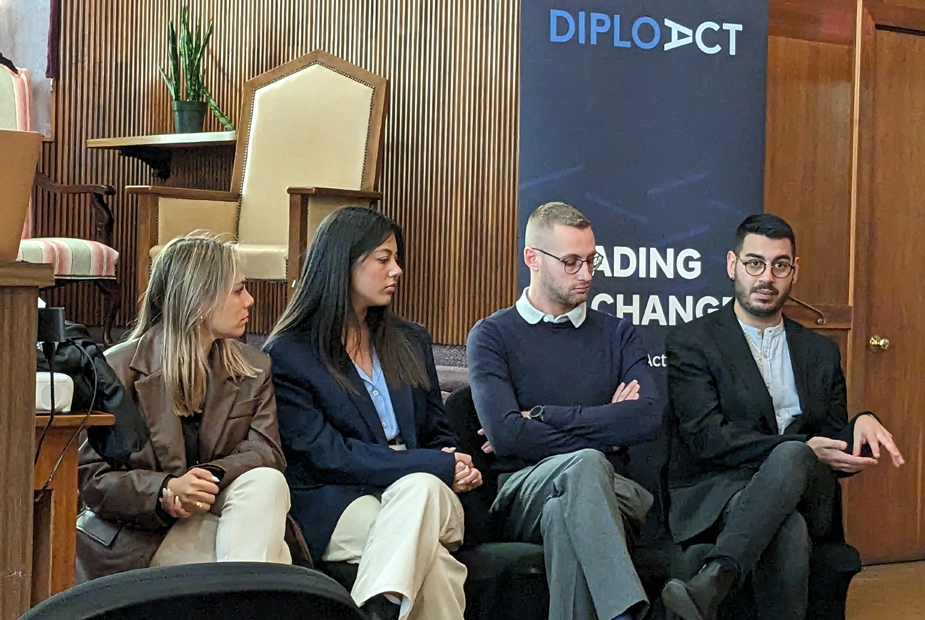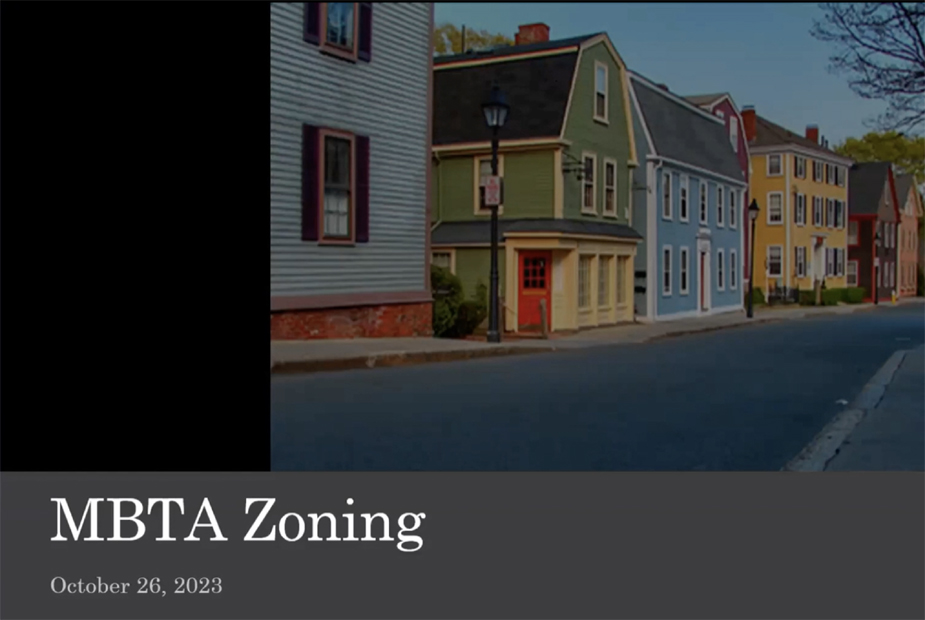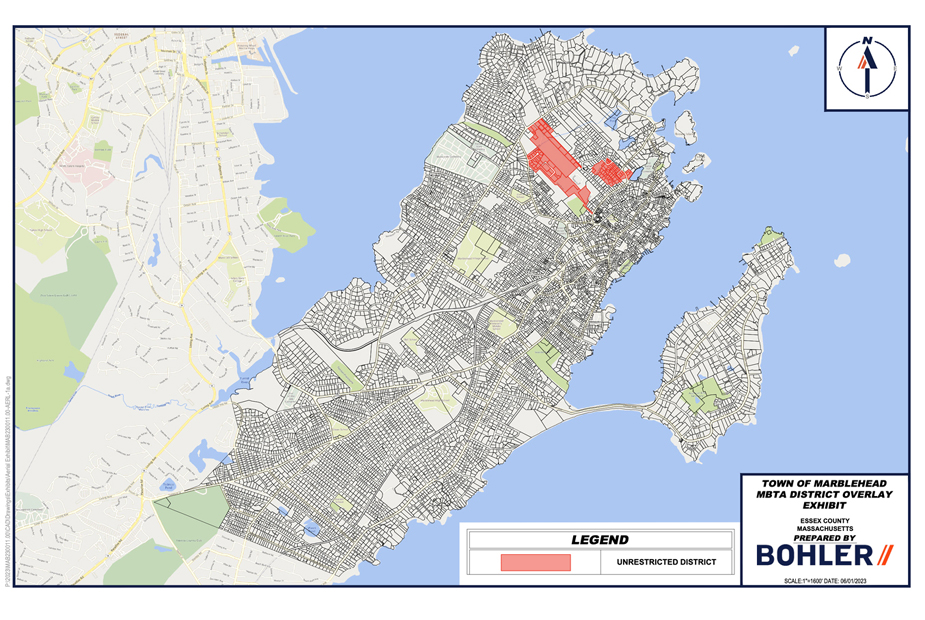Electric Light Dept Perspectives: Is It Feasible and Safe to Transition to All Electric?
Marblehead Beacon’s first article about the 2023 Marblehead Municipal Light Department (MMLD) campaign focused on the Peaker Plant, a facility in Peabody designed to provide back-up power in times of peak energy demand. As we noted in that article, the status of energy production in Massachusetts has been substantially impacted in recent years by the adoption in March 2021 of “An Act Creating A Next-Generation Roadmap For Massachusetts Climate Policy,” which called for the state to reduce carbon emissions by 50 percent before 2030 compared to the 1990 baseline and set a goal of net zero greenhouse gas emissions by the year 2050.
Marblehead’s Net Zero Roadmap, dated May 2023, has an even more ambitious schedule, calling for achieving net zero carbon emissions locally by 2040. The Sustainable Marblehead website calls for this to be achieved, at least in part, by “recommendations to increase electrification of buildings and cars, to improve incentives for electrification of homes and buildings, to increase EV charging including at condos and rental units, and to transition to all non-emitting sources of electricity for MMLD.”
At the same time, concerns have been raised about the capacity of Marblehead’s existing infrastructure to manage this transition to all electric heating and energy sources, especially when taking into account the burden placed on the system by fast chargers for electric vehicles installed in individual homes throughout the community.
In light of all of these issues, Marblehead Beacon asked the four candidates for the Marblehead Municipal Light Department to weigh in on the following:
What is your position regarding the effort to transition to electricity for all home heating and transportation needs? Do you support banning the use of natural gas home heating systems for new construction? How would you enhance Marblehead’s infrastructure for all cars to be electric and what do you anticipate to be the costs associated with thousands of electric cars needing to be charged in the town? Do you see any specific concerns or challenges with the transition to electric-only power given the state of today’s battery technology and the dramatic environmental and human impacts of lithium and cobalt mining?
We received replies from all four of the candidates running for the Electric Light Board, including Lisa Wolf and Walter Homan, who are running for the one available three-year term, and Adam Smith and Nate Burke, who are running for the one available one-year term. Their replies are listed in alphabetical order, similar to our first article about this race, but this time starting with the second candidate in the rotation.
Walter Homan
“I do not agree with the transition to all home and heating and transportation needs because the grid is up to capacity as is, and will not be able to sustain that type of demand. I do not support the banning of natural gas home heating systems because rate payers should have the option to heat their homes in the manner they see fit. The infrastructure needs to be built up over time in order to support the charging of hundreds of electrical vehicles. Through research and education we will be able to make any changes needed to support this going forward. There will be many concerns and challenges going forward with the ‘electric only’ movement. We as a society are trying to move forward in environmentally friendly ways, how can you say that we are being environmentally friendly when we are mining and stripping the earth of Lithium and Cobalt.”
Adam Smith
“Our linemen and engineers do a great job caring for every light pole, electric wire, transformer, and substation in town, but they face a distribution system that is dated and not designed to handle a load that is expected to double in the near future.
Whether you plan on buying one or not, there are more electric vehicles in town every week. In addition, more homeowners are choosing to install electric heat pumps and mini splits to replace their old oil and gas systems and to provide air conditioning as well as heating. This also adds to our electric load and if too many of them are installed in a given neighborhood, our existing transformers won’t be able to handle the load. This is true of electric vehicles too.
Since I was appointed last year, I have worked with the board and the town to publish a Load Forecast Report that projects a consistent 2% annual growth rate in our need for electricity. We used this data to inform our recent vote to buy more carbon-free nuclear power starting in 2030 and will continue to look for economically sound alternatives to costly fossil fuels, such as more nuclear, solar, hydro, and wind to ensure we have enough electricity and to keep our rates low. I am also pushing for us to develop a five-year capital plan to better understand our financial capacity to fund needed upgrades to the Light Department’s aging infrastructure that will ensure we can maintain our reputation for reliability and low rates.
Don't confuse this with any desire on my part to make you do anything you don't want to do. We live in a poorly insulated house with radiators and recently had to buy a new high efficiency gas boiler financed in part by Mass Save. Would I have preferred to not heat my home with gas? For sure, but for us it was the most practical and affordable thing we could do given our current circumstances.”
Lisa Wolf
“The bottom line is, our distribution system suffers from 25-30 years of deferred maintenance and is crumbling, in the words of our new distribution manager. We have a daunting task ahead to prepare our system for the increased demand that will accompany transitioning from fossil fuels to electric cars and electric home heating and cooling. The department’s highest priority should be to develop a five-year capital maintenance plan aimed at modernizing our distribution system.
Regarding batteries, energy storage in some form will be a necessary component of our future system, and will help reduce the pressure on our aging infrastructure from increasing demand. Stored energy is a key enabling technology for scaling up renewables to meet state decarbonization goals, and will improve price stability, enhance system resiliency, and increase local control. There are many forms of energy storage, including pumped water, flywheels and batteries; and there are new battery chemistries emerging every year. We need to consider all options, all risks and benefits, and continue seeking the best solutions to decarbonize our town.”
Nate Burke
“I am all for transitioning to electricity for home heating and transportation. I do not support the banning of natural gas in new construction because it is not the Board’s place to dictate such matters. There is also very little new construction in town.
The first step to addressing infrastructure for more electric cars is to have a communication plan with townspeople who are new electric vehicle owners so we can ensure that neighborhood infrastructure has available capacity. We must also address the fact that this infrastructure needs to be upgraded – transformers as well as pole and wiring replacement. The cost is going to be immense and will continue to rise however it is imperative that we embrace a process that can get us to our goal of making battery charging stations widely available. We will also have to be very mindful of safety factors for new transformers and research all issues related to combustion that can occur with them. Lastly, we are going to have to consider what we are going to do with all the batteries when the life expectancy expires. It will be imperative to work together to find a solution to these future scenarios and I look forward to addressing these challenges when elected to the Board.
The way to enhance the town’s infrastructure for electric vehicles is to socialize the idea of going to electric cars with the community in a well thought out educational campaign. We need to be aware that an influx of electric cars can push a transformer to capacity and create concerns about fire. We will need to analyze the best locations for these industrial sized battery transformers as we will need many more in the future to meet the future charging needs of our community."

